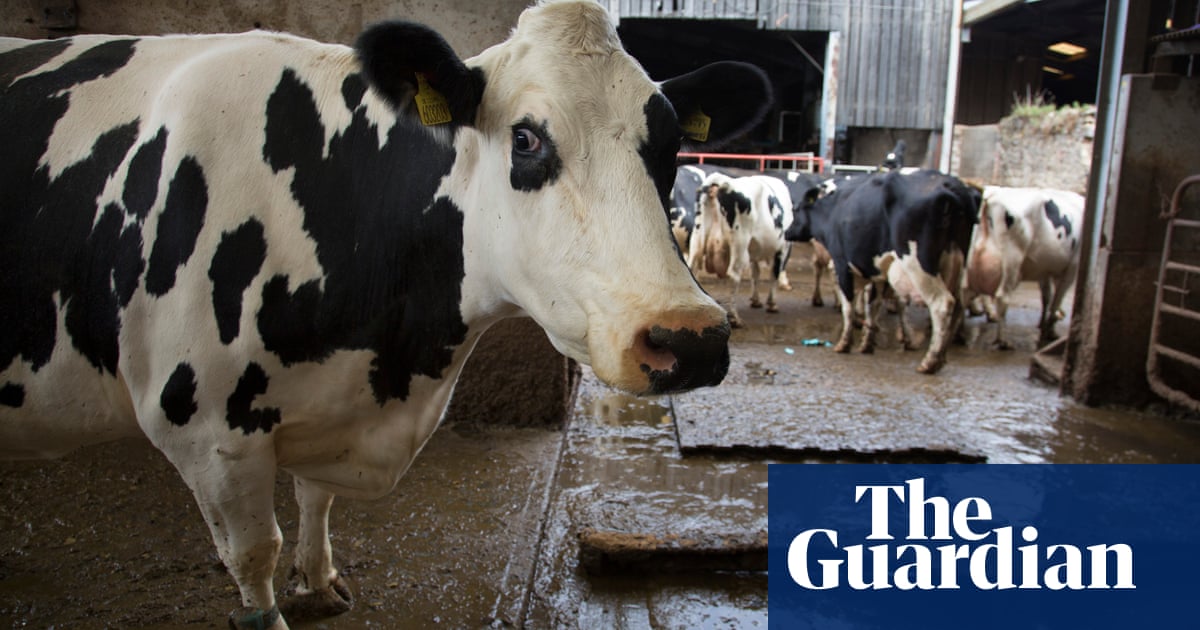
A fake generational war over the climate crisis has distorted public thinking and political strategy, when in fact older generations are just as worried about the issue as younger people, according to new research.
The idea that young people are ecowarriors, battling against selfish older generations is a common trope in representations of the environment movement. It has been stoked by instances including Time magazine naming Greta Thunberg their person of the year in 2019, for being a “standard bearer in a generational battle”.
The stereotypes were further strengthened when generation Z, US singer Billie Eilish said: “Hopefully the adults and the old people start listening to us [about the climate crisis]. Old people are gonna die and don’t really care if we die, but we don’t wanna die yet.”
But a new UK study, Who Cares About Climate Change: Attitudes Across The Generations, has found that the generational divide over climate action is a myth, with almost no difference in views between generations on the importance of climate action, and all saying they are willing to make big sacrifices to achieve this.
In fact, the research found that older people are actually more likely than the young to feel that acting in environmentally conscious ways will make a difference, with twice as many baby boomers having boycotted a company in the last 12 months for environmental reasons than gen Z.
Prof Bobby Duffy, author of Generations: Does When You’re Born Shape Who You Are? said the fake conflict between generations over the climate crisis is “dangerous and destructive”. It had, he said, “crept into so many discussions about climate concern that it’s become an accepted truth that the young are at war with older generations who are not only utterly unfussed about the future of the planet, but are culpable for the current crisis.
“Parents and grandparents care deeply about the legacy they’re leaving for their children and grandchildren – not just their house or jewellery, but the state of the planet. If we want a greener future, we need to act together, uniting the generations, rather than trying to drive an imagined wedge between them,” he added.
The weighted study of 2,050 UK adults by the Policy Institute at King’s College London and New Scientist magazine, found that about seven in 10 people from all generations surveyed said the climate crisis, biodiversity loss and other environmental issues were big enough problems that they justified significant changes to people’s lifestyles.
But it was younger generations, rather than older ones, who were most fatalistic about the impact that they could personally have in tackling the climate crisis.
About one-third of gen Z (those aged under 24) and millennials (those aged 25 to 40) said there was no point changing their behaviour because “it won’t make a difference anyway”. This compared with 22% of gen X (those aged 41 to 56) and 19% of baby boomers (those aged 57 to 75)
There was an even bigger gap between generations when it came to the rejection of this idea: 61% of baby boomers disagreed with the statement that there was no point altering their behaviour, compared with 41% of millennials.
Richard Webb, executive editor of New Scientist, said: “There’s been a lot of talk about the attitude of different generations towards the pressing issues of the day but the findings of this survey provide food for thought for policymakers ahead of the crucial Cop26 climate summit in Glasgow in November.
“Far from being an obsession of a young, activist few, support for measures that put our lives on a more sustainable footing as we look to building back from the Covid-19 pandemic command broad support across generations,” he added. “They could be a route to increased engagement among groups increasingly disillusioned with politics.”












